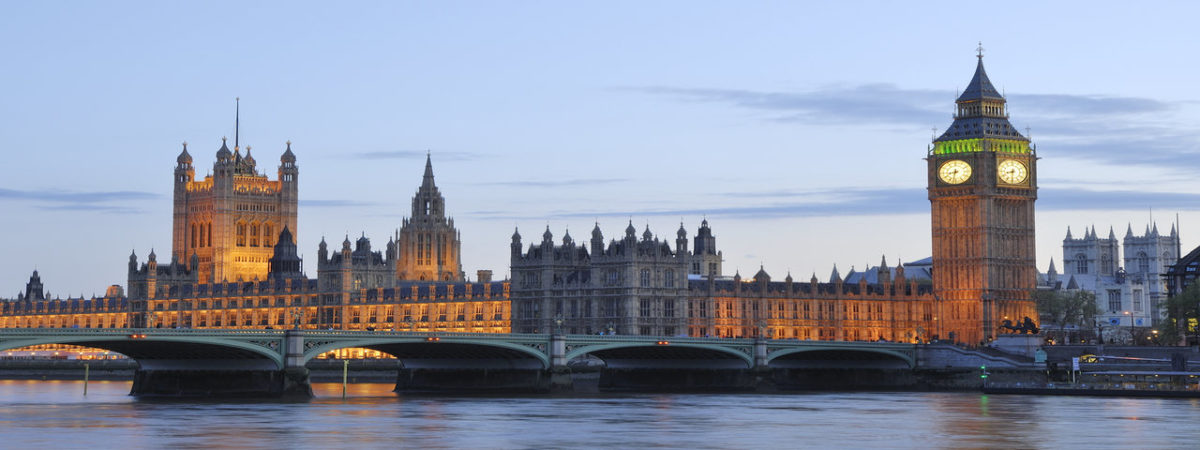Baroness Thatcher – Reflections from the IEA
SUGGESTED


The government's policy of slow fiscal consolidation has failed

Senior IEA figures reflect on the life of Baroness Thatcher
“As we mourn the passing of a remarkable Prime Minister, we should reflect on the lessons we can learn from Lady Thatcher. She showed courage, conviction, determination and placed great faith in the wisdom of ordinary men and women. We should celebrate her legacy, but also consider how to emulate her today”
Several current and former senior figures from the Institute of Economic Affairs attended Baroness Thatcher’s funeral today.
Patrick Minford, IEA Trustee and former economic advisor to Baroness Thatcher, said:
“As Prime Minister, Margaret Thatcher faced overwhelming odds. The truth is that she saved us from economic disaster and turned Britain once more into an engine of economic progress. For this we must treasure and honour her memory.”
Kevin Bell, IEA Trustee and former advisor to Baroness Thatcher, said:
“Baroness Thatcher was a champion not only of the free-market, but also of the values which the British public so desperately wanted and needed. Her economic reforms, undertaken during an incredibly difficult period, gave the country back its self-belief and moulded the society we take for granted today. Her leadership undoubtedly left Britain a stronger, freer and more economically sound nation, and for that she should be honoured, respected and never forgotten.”
John Blundell, IEA Distinguished Senior Fellow and former Director General and Ralph Harris Fellow, said:
“While we mourn we must also celebrate a remarkable woman who rose from a very modest background to be one of the greatest leaders the world has ever seen.Baroness Thatcher came to Parliament in 1959 already interested in monetarism, union reform and closer scrutiny of public spending, along with a strong belief that if we stuck to principle we had nothing to fear from Russian communism. So when she started reading IEA publications and meeting IEA authors in the 1960s and 1970s it was more a meeting of minds than a Damascene moment.”
Notes to editors
For any enquiries, please contact Stephanie Lis, Communications Officer: 0207 799 8900 or 07766 221 268.
The mission of the Institute of Economic Affairs is to improve understanding of the fundamental institutions of a free society by analysing and expounding the role of markets in solving economic and social problems.
The IEA is a registered educational charity and independent of all political parties.



